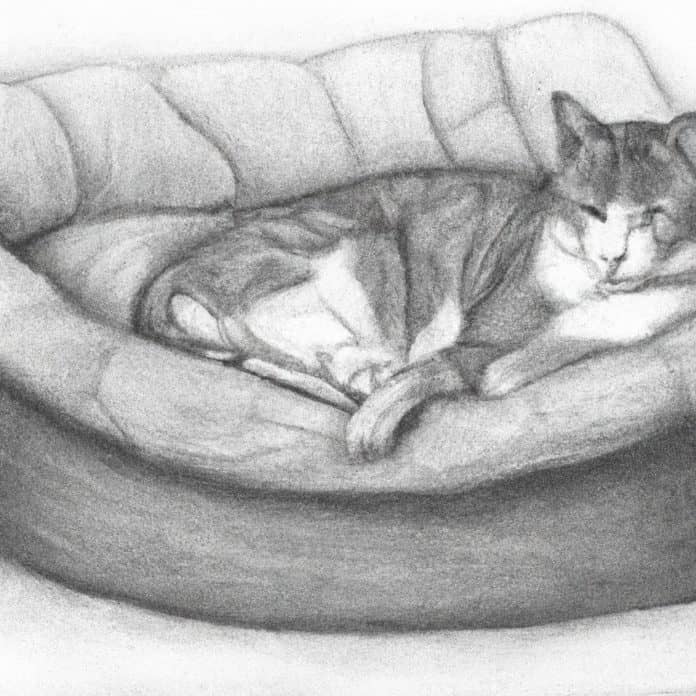Dear VetBabble: Is My Cat’s UTI Treatment Working and Should I Be Concerned About Other Problems?
Today’s concern comes from a cat owner who recently took their beloved feline to the emergency vet for a suspected urinary tract infection (UTI). They write, “My cat has a UTI. I took him to the emergency vet clinic and she gave him a shot for the swelling and a shot for the UTI. Still no relief. Is it a male? It could also mean he’s plugged. Can he pee okay? Call the emergency clinic and tell her it didn’t work.” This is a question that captivates the underlying concern of numerous cat owners, so let’s delve into it.
The Nature of Feline Urinary Tract Infections
When your cat has a urinary tract infection or UTI, it usually involves a bacterial infection affecting their urinary system—bladder and urethra. This causes discomfort, difficulty in urinating, and occasionally bloody urine. In male cats, potential complications, like urinary blockage, may arise due to their narrower urethra.
This condition might seem similar to human UTIs, but they aren’t the same. Urinary issues in cats are often more complex, requiring immediate medical attention. Our article, ‘Why Can’t My Cat Pee?‘ explains this in detail, and it’s a recommended read for any pet parent who suspects their cat may struggle with urinary health difficulties.
When Treatment Doesn’t Seem to Work
Considering the question, it seems that the treatment given to your cat, including shots for swelling and UTI, hasn’t provided relief yet. Although treatment results vary from cat to cat, marked improvement usually happens within 24-48 hours after initiating the UTI treatment. If there’s no noticeable improvement or if the symptoms worsen, we strongly suggest reaching out to your veterinarian immediately.
Urinary difficulties could be caused by reasons other than UTIs. An example of this is Kidney Disease in Cats. Your vet may need to consider other potential causes and adjust the treatment plan accordingly.
A Closer Look at Urinary Obstructions in Cats
It’s essential to note that male cats, due to their unique anatomy, are more susceptible to urinary tract obstructions. This blockage, often by crystals or stones formed in the urine, leads to an inability to urinate, which can be life-threatening if not promptly treated. If your cat seems to strain while urinating or seems unable to pass urine, it could signal a urinary blockage—refer to the article ‘Why Can’t My Cat Pee?‘ for more on this topic.
Urinary tract issues are not unique to cats alone. It’s worth mentioning that dogs also encounter similar problems, like cystitis, which can lead to blood in their urine. ‘If There’s Blood in your Dog’s Urine it Could be Cystitis‘ is a helpful source of information for dog owners dealing with similar concerns.
In summary, quick and effective communication with your veterinarian is essential when your pet’s treatment doesn’t seem to be effective. Persistent or worsening symptoms after treatment should always be reported. We wish you and your feline friend swift relief.









